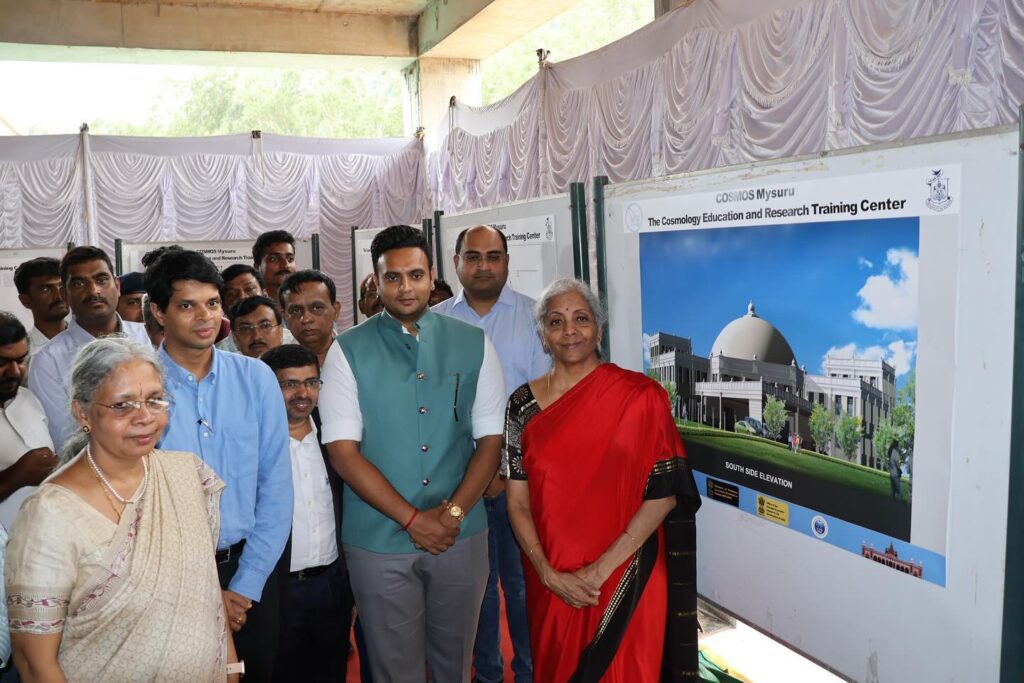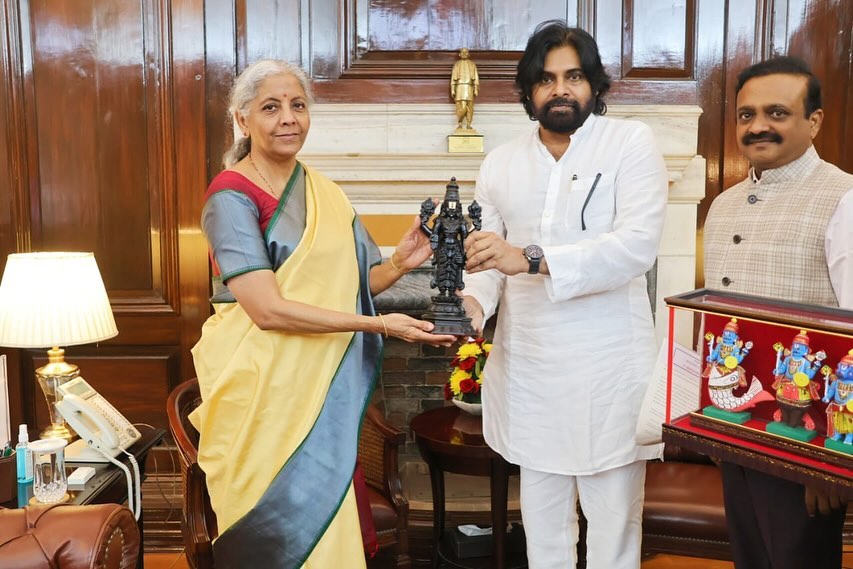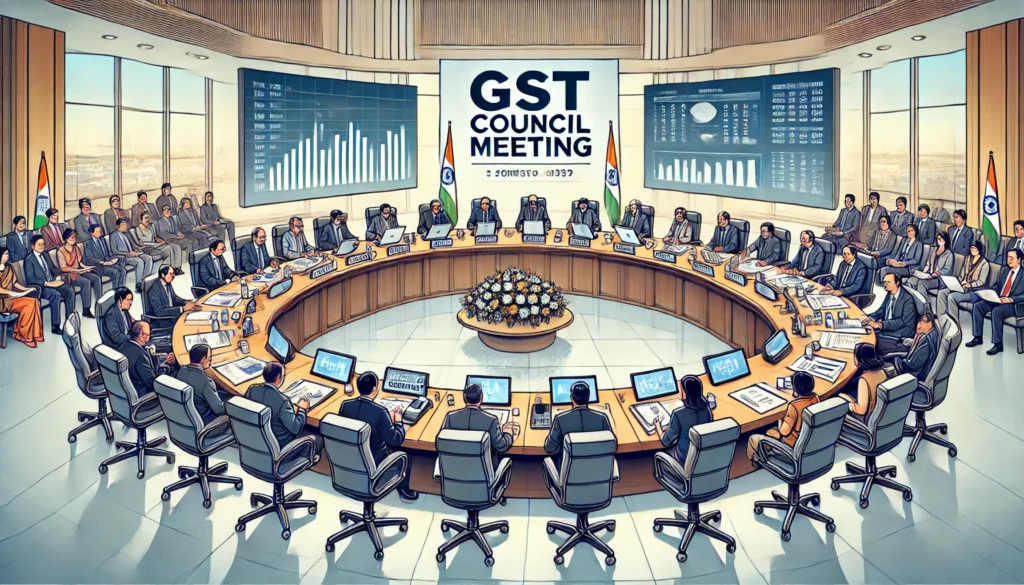The Goods and Services Tax Council is India’s apex decision-making body for GST matters, involving representatives from both the central and state governments to ensure a collaborative approach whereby the management and evolution of the GST framework is concerned. The meetings to this effect provide the meeting ground for all important issues to discuss, suggest amendments, and make the tax system smooth. In this blog, we discuss some important issues regarding a usual GST council meeting as well as updates on it and their significance to businesses and consumers alike.
What is the GST Council?
The GST Council was constituted under article 279A of the Indian Constitution. It is chaired by the Union Finance Minister and includes the finance ministers of the respective states. The main purpose of the council is to ensure uniformity in GST law throughout the state and address disputes regarding tax rates, exemptions, and compliance.
Key Functions of the GST Council

Fixing Tax Rate:
The council fixes GST rates for goods and services, assigning them under the tier of 0%, 5%, 12%, 18%, and 28%.
Alteration of Tax Structure:
Revisions occur at regular intervals in this manner to make the whole tax structure more user-friendly and able to check timely response to the momentary needs of the economy.
Dispute Resolution:
This council resolves disputes of inter-state origin relating to GST implementation and revenue-sharing.
Recommended Changes:
It recommends amendments to GST legislation and procedures to smooth compliance and reduce ambiguities.

The Recent GST Council Meeting: Major Highlights.
The GST Council’s latest meeting, which occurred on [insert date], discussed some very important issues. Here are the main highlights:
Rate Rationalization:
Discussion on the revision of tax rates on essential goods, and somewhat provide some relief to the consumers.
A recommendation was made to merge some tax slabs for an easier structure.
Simplifying Compliance:
Introduction of new measures for the compliance of small businesses, which entail simplified returns and reduced late fees.
Tax on Online Gaming and Casinos:
Discussion on the rate of GST applicable to online gaming, casinos, and horse racing.
Agreement on a standard rate of taxation to increase clarity.
E-Invoicing Expansion:
Slightly lowering the threshold limit for mandatory e-invoicing would allow many more businesses to come within the ambit of digital compliance.
GST Compensation to States:
Discussion was held to give compensation to the states that face revenue shortfalls beyond five years.
Going Green:
Reduced GSTs on electric vehicles, solar panels, and other green products to support sustainable development.

Impact of the Recommendations
- For Companies:
Ease of Compliance: A reduction in late fees combined with simple returns will ease compliance with GST norms for small businesses.
Wider E-Invoicing: More businesses using e-invoicing means far more transparency and less tax evasion.
- For Consumers:
Rate Revision: Could result in the price of some essential goods going down, offering consumers relief.
Environment-Friendly: Lower taxes for green products would mean less price for consumers and encourage them to choose sustainable alternatives.
- For States:
Compensation Extension: Extension of compensation means that states will be in control of their finances and in a position to address revenue deficit issues adeptly.

Challenges and Controversies
GST Council objectives are to develop the tax regime; however, conflicting situations arise:
Rate Rationalization Complexity:
The consolidation of tax rates may cause revenue fluctuation problems in the short term.
Compensation Disputes:
States demand heavy compensation, which leads to long discussions.
Tax on Emerging Sectors:
Determining proper tax rates for online gaming, cryptos, and other blossoming sectors is also another controversial issue.
Compliance Burden:
In spite of a number of measures to simplify matters, digital compliance still proves tough for many small businesses.

The Way Forward:
The GST Council continues to contribute immensely to the success of taxation reforms in today’s India. Anticipated future changes include:
Further Simplification:
A single tax slab has been envisaged to cut through the complexity of taxation.
Technological Integration:
Modern technology-based artificial intelligence administration of tax benefits to deliver improved results.
Focus on Revenue Growth:
Measures to plug revenue leakages and boost collections.
Global Alignment:
Aligning current GST laws with best international practices to attract foreign investments.

Conclusion:
The GST council meetings are one of the key steps towards dealing with the worsening challenges of creating a sturdy tax ecosystem. It is a balancing act between ensuring consumer welfare and allowing trade to make GST a truly transformative reform. Businesses and taxpayers must be informed of the council’s verdicts and remain aware of these shifts to comply with and seize such opportunities.
Keep following vahantime.com for timely updates relating to GST and other financial news. Share your comments with us on how these changes have affected you!






